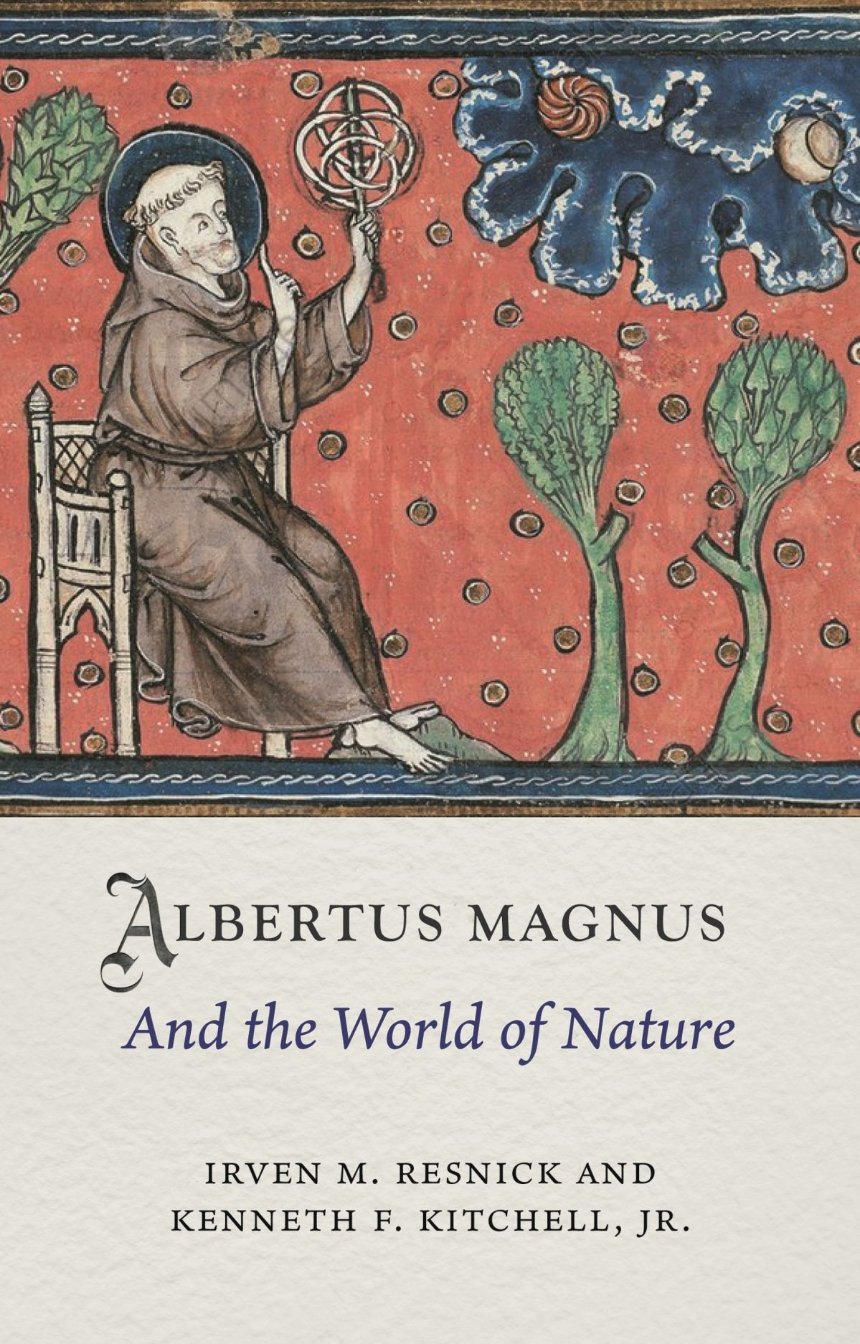A Website for Disciples of St. Thomas Aquinas
Featured
The issue remains whether the Thomistic natural philosopher has the wherewithal to defuse Aristotle’s argument for the eternity of time. As has been noted, the issue is not arcane but has implications for how, over the centuries, the philosophical sciences have been taught ad mentem Sancti Thomae.
The debate between Universalists and Perditionists ultimately hinges on conflicting understandings of God’s will, justice, and the purpose of creation. Given the lack of Universalists’ ability to demonstrate the impossibility of hell, the only solution—as in the situation of the eternality of the world—is to look at the tradition and humbly ponder it.
Featured
















The Book of Wisdom presents God’s governance as measured, merciful, and mediated through creation. This essay argues that Wisdom 11:21-12:2 exemplifies Aquinas’ providential framework by depicting moderated, creation-mediated punishments that mirror his distinction between providence and governance.